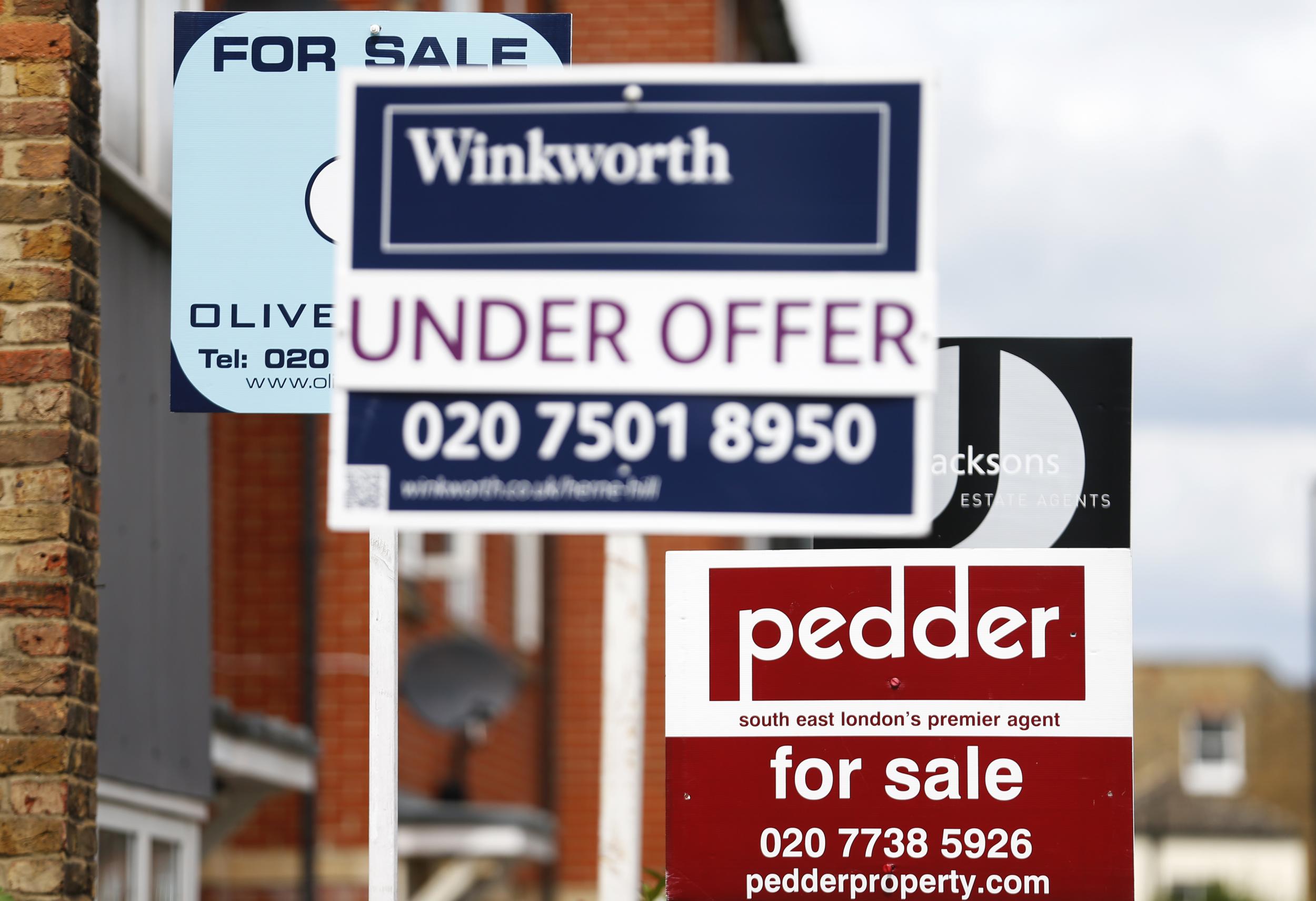Parents ‘sacrificing’ living standards to support children at ‘alarming’ levels
Limited funds at the Bank of Mum and Dad? You can still help the family

Parents will do a lot for their children. They’ll sacrifice sleep, sanity and cash. A great deal of cash.
Just covering the basics comes in at around £232,000, including providing a roof over their heads, clothing, feeding, keeping them warm and safe, transport and school-related costs. Research out this week adds another £5,500 simply for covering “children’s blunders” – anything from kicking a football through a neighbour’s window and ruining uniforms to missing flights.
There’s also the 52 per cent of parents who help run their children’s car every year, subsidising children aged 17-24 to the tune of £760 each.
But these trickling costs pale in comparison to the big lump sums involved in getting our offspring onto the housing ladder.
The amounts involved aren’t a surprise. The average deposit contribution is £18,000. It’s a massive amount to hand over in one go and a quarter of parents in their mid-fifties to mid-sixties are sacrificing their own standard of living to pay for it, according to a study by the Centre for Economics and Business Research and Legal & General.
More than 70,000 property transactions this year will be funded by parents raising their pension pots or using their annuity income.
Another 44,000 will release equity from their home and a fifth of parents stumping up cash for their kids’ deposit will downsize their own home to do it.
Help in other ways
“Parents don’t want their children to struggle, so when they face the monumental task of saving up for a home of their own, it’s only natural to feel compelled to help. It’s why more than one in four of all first homes are bought with at least some cash provided by parents,” says Sarah Coles, personal finance analyst at Hargreaves Lansdown.
“Few people can spare £18,000 without having a significant impact on their own finances, so we’re seeing alarming numbers of parents sacrificing their own standard of living or postponing retirement as a result.”
Get a free fractional share worth up to £100.
Capital at risk.
Terms and conditions apply.
ADVERTISEMENT
Get a free fractional share worth up to £100.
Capital at risk.
Terms and conditions apply.
ADVERTISEMENT
But handing over an enormous lump sum isn’t your only option: there are alternative ways to help your offspring onto the housing ladder,” she adds, suggesting four alternatives:
Be a guarantor on their mortgage
If your child can’t pay the mortgage, this means you’re guaranteeing that you’ll step in. The stakes can be very high here, because not only could your offspring lose their home if neither of you can pay the mortgage but if you have used your own home as part of the guarantee, you could lose that too. It means you’ll need to have plans in place for how you would meet the costs if you had to.
Look for a specialist mortgage
Lenders have realised there’s a market for family mortgages, so they’ve designed products to cash in. You can, for example, get a mortgage where a parent provides a 10 per cent deposit as a loan. If the young adult makes all the remortgage payments in full and in time for the first three years, their parents get the loan back in full – with interest.
Alternatively you can use a family offset mortgage, which allows other family members to put savings into an account that’s linked to the mortgage. The savings are offset against the loan, which can be used either to reduce interest payments or shorten the length of the loan. This offers more flexibility for parents, and doesn’t leave them open to a liability if their offspring can’t pay the mortgage.
Buy with your child
You can make a lump sum investment in a property, and buy with your offspring. If you buy as tenants in common, you don’t have to own the property 50:50 – it can reflect what you’re both putting in. You will also have the freedom to leave your share of the property to anyone you want in your will.
There will be tax implications if you own your own home because you will have to pay the 3 per cent stamp duty surcharge on second properties. When you come to sell you will also face capital gains tax on the portion of the property you own as a second property.
You also need to consider the practicalities, and what would happen if they can’t afford mortgage payments on their share of the property, if they want to move house, or if you need to get your money back. If you take this approach, it’s a good idea to get a lawyer to draw up a deed of trust, so it’s clear where you stand.
Let them move back in
If your child is struggling to build a deposit while they rent, you can offer them opportunity to move back in and save their rent money instead. Encourage them to open a Lifetime ISA to redirect rental payments into.
They can pay in £4,000 a year, and the government will top it up to £5,000. If they are buying with a partner or friend, this takes them to 5 per cent of the average price of a first home in a year, so they can use the Help to Buy equity loan scheme from the government to cover the rest, and move out for good.
Join our commenting forum
Join thought-provoking conversations, follow other Independent readers and see their replies
Comments
Bookmark popover
Removed from bookmarks